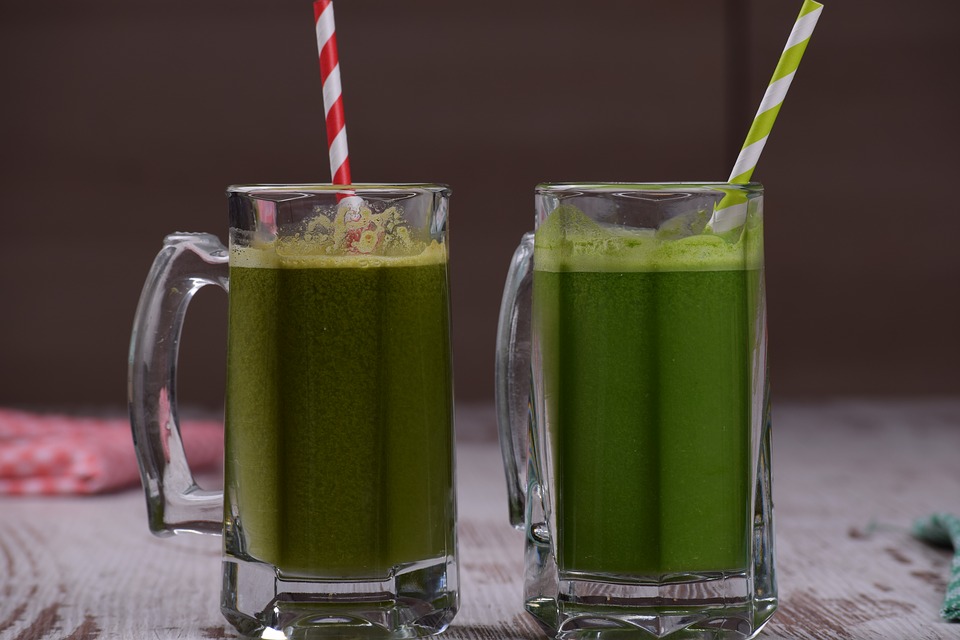Trying to figure out the right nutrition to support your health and fitness goals can seem impossible. There’s enough conflicting information floating around to make your head spin.
Some science supports you achieving your performance goals, while other published material supports health and anti-aging. The data and recommendations end up being contradictory because the two goals are at the opposite ends of the spectrum.
And that’s before taking into account that the findings are often skewed by who’s funding the studies. Commence the head-spinning.
With that said, you get to choose what to believe and what not to. It takes finding some commonsensical principles to follow, and a willingness for continual self-experimentation.
To start, you must decide what you value most…performance (now) or health (later)? Personally, I take the approach of alternating time periods of 3-6 months where one focus is taking the driver’s seat. That way, I’m never too far off from supporting the other.
Whichever you choose…achieving your goals relies on having the right plan. As part of that plan you’ll need to define correct macros (the macronutrient breakdown of protein carbohydrate and fat percentages), quality food sources, and proper use of supplements.
And you’ll need to take into account the reality that sustaining energy and body composition is dependent on what, how much, and when you eat.
Fed up?
If you’re over the confusion of what to eat, when, and the frustration of not being able to reach or maintain your goals, then read on.
I know it’s important to you to look and perform your best for the long-term (health). But obsessing over meal timing around your workouts has a minimal impact on your results.
You need to consider your sleep quality, stress levels, workout programming, water intake, and general health. They all factor in on your successes and failures in reaching your goals.
As you can see, there are many variables that determine the right plan for you. So it’s important to keep things in perspective in choosing the priority to focus on.
This is not to discourage you from discovering more about pre- and post-meal nutrition. Instead, my aim is to help you understand that there is no one right answer for everyone.
Interesting fact: there are more common recommendations on both sides of what not to do, rather than what to do.
And these recommendations can be enough to not only get you great results, but also keep life simple. And that’s a win-win in my book.
Pre-workout Avoids:
- Taking stimulant supplements that go above and beyond what a cup of coffee can do you for you (>70mg of caffeine). The higher the dose, the more risk to your hormonal balance.
- Eating slow digesting food (high fiber and meat) 1-3 hours before an intense workout. Optimal digestion requires a relaxed nervous system. While an optimal workout should have a fully engaged nervous system for the activity.
- Foods that you know cause you any digestive upset. This can be substances such as sugar, alcohol, soy, fried foods, wheat / gluten, dairy, and some fruits.
Post-workout Avoids:
- Pre-packaged “protein” shakes. The typical cheap processed protein is unrecognizable to your body. As is the chemical cocktail of processed oils and unusable vitamins and minerals. At best, you’ll get some calories with an accompaniment of uncontrollable gas.
- Taking antioxidants within the first couple hours after a workout. They can blunt the immediate hormetic effect that your body has to heal and regenerate.
- Feeling an urgency to eat high calories within 30-90 minutes of working out…unless you are trying to add muscle mass fast. You can eat your normal portion at your regular meal time frequency.
These common “don’ts” are simple enough that you can better focus on a more holistic picture of your fitness and overall wellbeing. Because each aspect of your health structure impacts the other for better or worse.
Attending to your total nutrition, sleep, hydration, supplementation, and exercise is about balance. And that will yield the lasting results you desire.
You can learn more tips in my free Sports Nutrition Guide that comes with my 30-Day Get Lean Challenge. Get yours here.
With your goals in mind,
Adam

